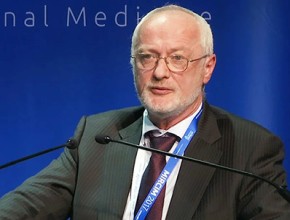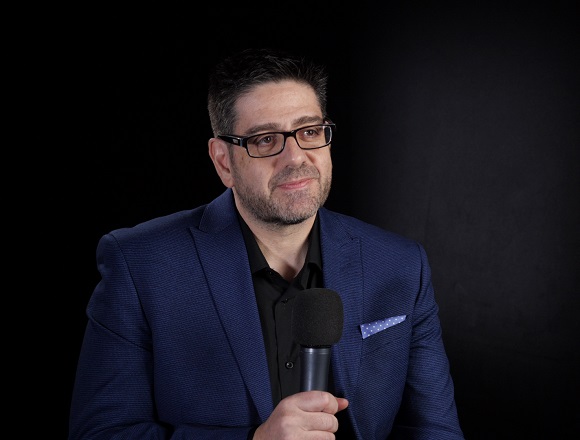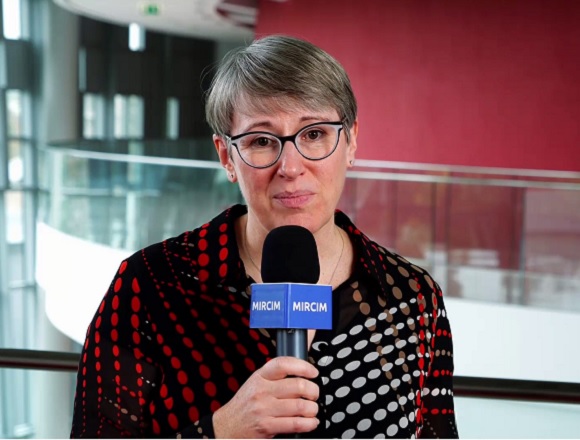Gordon Guyatt, MD, MSc, is a distinguished professor at McMaster University and one of the founders of evidence-based medicine with extensive expertise in study methodology.
You are advising people all over the world on how to generate clinical practice guidelines (CPGs). What have been the most important advances in this area over the last few years?
There have been many advances over the last few years. Number one, I would say, would be who should be on guideline panels. We recognize now that it should go well beyond what used to be the case, where it was just a bunch of world experts in some thing or other who got together. It needs to have people like me, methodologists, to help in the interpretation of the evidence; it needs to have frontline clinicians, who are the ones who are doing the day-to-day practice and have that perspective; and it needs patients and caregivers as part of guideline panels. So, that is number one, that is one huge change.
Another is the recognition of conflicts of interest—not only financial conflicts of interest, which we’re taking more seriously than we did, but also nonfinancial conflicts of interest, including intellectual conflicts of interest, depending on positions you have taken, work you’ve done in an area beforehand, and professional conflicts of interest: how, if you’re a gastroenterologist, if everybody should have a screening colonoscopy, it benefits your profession. So, that is a second one.
The third is one I’ve mentioned earlier in this conversation, which is explicit values and preferences [see The meaning of EBM]. When guideline panels make recommendations, they are trading off benefits versus harms and burdens, and how you value those benefits and harms and burdens is going to be key to the recommendation. The explicit recognition of values and preferences is a third major advance in guidelines recently.
 English
English
 Español
Español
 українська
українська









